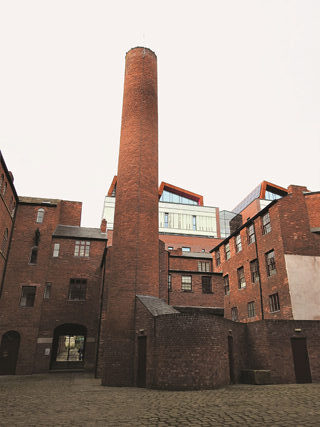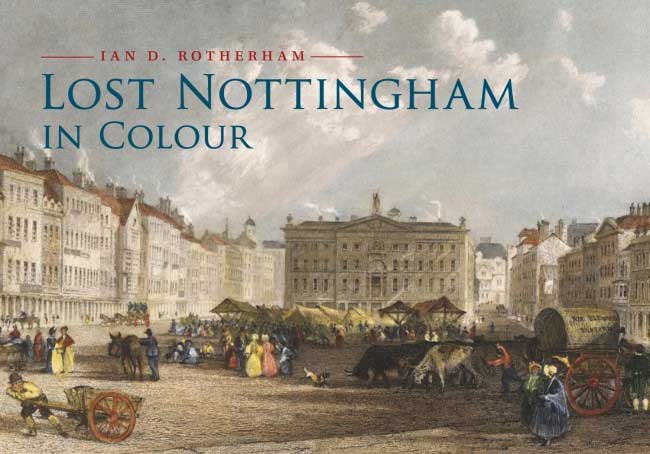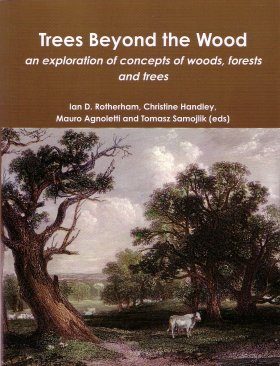
It is a remarkable tale and, above all, a history of a lost ecology. This is the history of a landscape, of a region, and of its people, long since passed away.

Gone are the vast flocks of wetland birds that filled the evening skies in winter, the frozen wetlands and the fen skaters of the winter, and the abundant Black Terns or breeding wading birds of the summer months. Between 6,000 and 10,000 square kilometres of wetland present in the 1600s, was almost entirely obliterated by 1900. This story of destruction is the most dramatic example of ecological destruction in our history. The book draws together the story of changing landscapes, lost cultures and ways of life, and the wildlife that has gone, too. The Lost Fens is the history of the cultural landscape of the Lincolnshire, Cambridgeshire and Yorkshire Fenlands from the Humber and the Vale of York, to Norfolk. With global environmental change, and especially climate change, fenlands once again have major roles in our sustainable futures. So much has gone, but we do not even know fully what was there before. This story is of politically and economically driven ecological catastrophe and loss. The fenscapes, neither water nor land but something in-between, breed independence and, if necessary, dissention. After 1066, the Saxons withheld the Normans' onslaught, and in the 1970s, unting's Beavers took action against twentieth-century invaders. They nurtured religious non-conformism with global impact. The Fens bred revolution and civil war and paid the penalty.

However, pause a while off main roads and consider place names and road names: Fenny Lane, The Withies, Commonside, Reed Holme, Fen Common, Turbary Lane, Wildmore, Adventurers' Fen, Wicken Fen, and more they tell a story of a landscape now gone but once hugely important. Lost are the vast flocks of wetland birds that filled the evening skies in winter, the frozen wetlands and the fen skaters of the winter, and the abundant black terns or breeding wading birds of the summer months.

For many, the Fenlands are the vast expansive flatlands of intensive farming, the `breadbaskets' of Britain.

So thorough was the process that most visitors to the regions, or even people living there, have little idea of what has gone. The loss of the great fenlands of eastern England is the greatest single removal of ecology in our history.


 0 kommentar(er)
0 kommentar(er)
